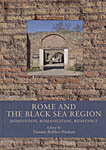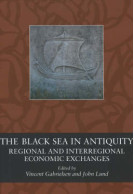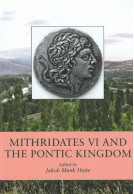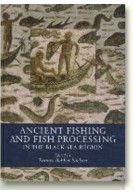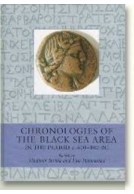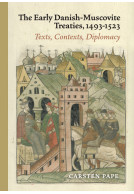Rome & the Black Sea Region (Hardback)
Domination, Romanisation, Resistance
Imprint: Aarhus University Press
Series: Black Sea Studies
Pages: 183
Illustrations: b/w photos & maps
ISBN: 9788779341746
Published: 30th September 2006
Script Academic
Series: Black Sea Studies
Pages: 183
Illustrations: b/w photos & maps
ISBN: 9788779341746
Published: 30th September 2006
Script Academic
You'll be £21.95 closer to your next £10.00 credit when you purchase Rome & the Black Sea Region. What's this?
+£4.99 UK Delivery or free UK delivery if order is over £40
(click here for international delivery rates)
Order within the next 4 hours, 4 minutes to get your order processed the next working day!
Need a currency converter? Check XE.com for live rates
(click here for international delivery rates)
Order within the next 4 hours, 4 minutes to get your order processed the next working day!
Need a currency converter? Check XE.com for live rates
In 89 BC, Roman legionaries intervened in the Black Sea region to curb the ambitions of Mithridates VI of Pontos. Over the next two centuries, the Roman presence on the Black Sea coast was slowly, but steadily increased. This volume deals with the Roman impact on the indigenous population in the Black Sea region and touches on the theme of romanisation of that area. Nine different contributors discuss several aspects of Roman identity and the cultural interaction -- one article even compares the situation to the American presence in Iraq. Though at the same time, it also looks at the resistance to the Roman Empire and the Roman problems of creating peace in the region after the colonisation. Romanisation and becoming Roman in a Greek world is a very popular field of discussion about which a lot has already has been written. This book, however, encircles three important themes -- the domination, the romanisation and the resistance. It covers two different sides of the Roman presence in the area and shows both the perspective of a Roman just arrived, Pliny the Younger, and a native seeing the Romans coming, the historian Memnon of Herakleia. Furthermore it describes how multi-identity cultures manage to live together because becoming Roman not necessarily means becoming less Greek (or less Gaulish, less Scythian, less Bosporan, etc). The diversity of the different chapters in this book creates reflection on the cultural change in the traditionalist, yet cosmopolitan environment that was the Roman Black Sea Region.
Other titles in the series...
Other titles in Aarhus University Press...







